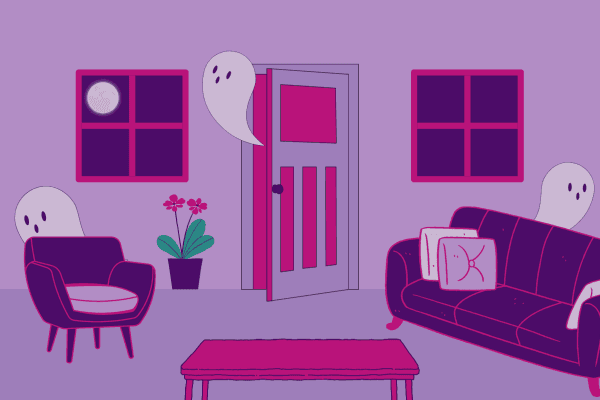Home Noises Decoded: Spooky Sounds Explained
It’s easy to get spooked when Halloween is upon us, but it’s probably not ghosts and ghouls in your home making those unsettling noises you hear in the dark.

It’s easy to get spooked when Halloween is upon us, but it’s probably not ghosts and ghouls in your home making those unsettling noises you hear in the dark.

Compare moving quotes in 4 simple steps